Since childhood I (and probably you) have fantasized about being a “competent man.” A competent man is good at everything – a Jason Bourne, MacGyver, Jack Reacher, or James Bond. He can seduce a woman, talk his way into anywhere, pick a lock, and operate any firearm at a high level. The competent man is in shape, can drive fast, speak foreign languages, and survive in the woods. Sadly, not all of us can be a secret agent. Most of us can find the time to read a book here and there. I give you the “James Bond Night School” reading list.
This article contains affiliate links.
James Bond Night School
I have read over 150 books in the past couple of years. This got me thinking: what open-source books would be required reading if you attended a true competent man course? The James Bond Night School reading list is a list of books that can convey some really cool knowledge. It doesn’t cover every book on each topic, but one or two, the cream of the crop. Here are a few thoughts about this list.
This list is a living document. I am posting it here as a blog post to bring it your attention. It also occupies a permanent page. The page will be updated in perpetuity as I read other books that would make good additions to the list. There are some advantages and disadvantages to a reading list.
- Advantages: Not all of this training is available to everyone. We can’t all quit our jobs, get recruited by some agency, and become covert operatives. Few of us can afford the time and money to attend courses in all these disciplines. However, all of us can read books. The material here is available to almost anyone through books.
- Disadvantages: Books aren’t a substitute for training. Books will give you awareness of a skill. They can even teach you how to accomplish said skill, but physical interaction is required, ideally through training. Books are severely limited in this way, so don’t overestimate your capability after completing this reading list.
I’ve read all these books, unless explicitly stated otherwise. I wouldn’t recommend something that I hadn’t read myself unless it comes from an implicitly trusted source.
With winter rapidly approaching maybe you’ll do a little more reading. This list would be an outstanding place to start! Without further ado, let’s take a look.
Health & Fitness
Our competent man is always in outstanding shape. He is able to weather any adversity and overcome any obstacle because he is healthy and fit. I haven’t read a book on workouts that I recommend (yet) but please throw recommendations my way. In the meantime here are books on diet and sleep, which will get you a long way toward better health and fitness.
In Defense of Food: An Eater’s Manifesto by Michael Pollan. This book is based on three simple rules: 1. eat food, 2. mostly plants, 3. not too much. Pollan dives deeply into each of these three rules. “Eat food” for instance means eat actual food, as close to its natural state as possible. Avoid “food products” that have ingredients you can’t pronounce, or that your grandmother wouldn’t recognize as food. In Defense offers a high-level strategy for eating, not the low-level tactics of a fad diet. The concept is uncomplicated and easy to stick to; it has informed my diet for over 10 years. Not that I’m some physical specimen, but at 40 I’m not overweight, take no daily medications, and have excellent vitals. If you’re pressed for time try his shorter, Food Rules: An Eater’s Manual.
Why We Sleep: Unlocking the Power of Sleep and Dreams by Matthew Walker, PhD. Sleep is incredibly underrated. At a recent physical even a nurse told me, “you can get by on 6 hours a night.” This is in complete contradiction to all available sleep research. We think we can short-cut sleep and get away with it, but losing sleep causes or exacerbates all sorts of health problems. Short-sleep increases obesity, risk of various cancers, diabetes, stroke, cardiac conditions… Getting enough sleep literally makes you smarter, better looking, and improves your immune system. Why We Sleep is an entertaining treatise on why sleep is important, and how to get more (and better) sleep.
People Ops: Rapport Building
This is one of the most important skills of being a badass – being able to talk to people, build rapport with them and persuade them. Few of us would enjoy a spy thriller where the spy is too bashful to go talk to someone. We all love the hero who can walk up to anyone and convince them to loan him a phone, give him ride, or buy him lunch. We love the character who convinces the docent to show him the artifacts in the basement, or the receptionist to share the private records. In fact, art imitates life; exercises like that are sometimes required for candidates of elite outfits.
Rapid Rapport
It’s Not All About Me by Robin Dreeke. I have recommended this book dozens of times. If you want to get people to like you very quickly, this book tells you how. It is all about building “rapid rapport” and the techniques in it are simple and THEY WORK. Everyone should read this book. Several times.
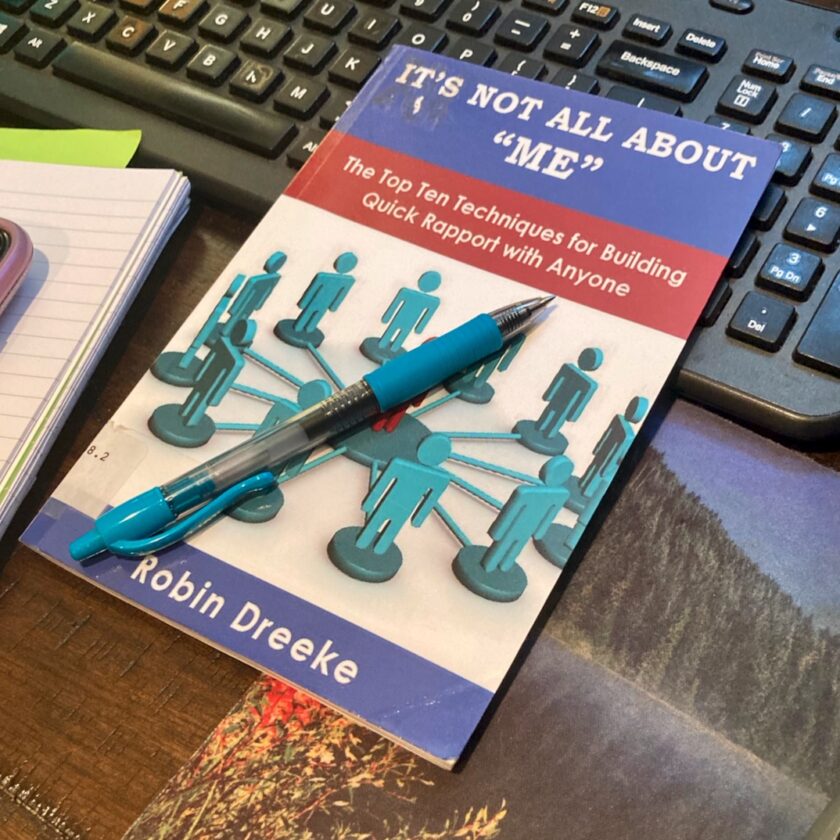
Persuasion
Social Engineering: The Science of Human Hacking by Chris Hadnagy. Not only have I read Hadnagy’s book, I have also attended his live, five-day training. This is probably one of the most valuable courses I have ever taken. It helped me understand human interaction to a much deeper level. Social Engineering explains how to get someone to do what you want, without even asking them to do it. Currently Hadnagy’s courses cost around $1,500, but you can get 90% of their value from this $20 book.
Verbal Judo: The Gentle Art of Persuasion by George J. Thompson and Jerry B. Jenkins. Another great, classic book about getting people to do what you want, simply by phrasing your “ask” differently. This book is old but all its techniques are still valid.
People Ops: Deception & Deception Detection
The James Bond Night School would have a lengthy section on detecting deception…and maybe some coverage on how to deceive. I haven’t read a great “how to lie” book, but when I do it will be on this list.
What Every ‘Body’ is Saying by Joe Navarro. I don’t put a ton of stock in body language, but this is the authoritative work on the subject. There’s definitely some value to it.
Unmasking the Face by Paul Ekman and Wallace V. Friesen. Micro-expressions are tell-tale expressions of the seven universal human emotions. Dr. Ekman has written a number of works on micro-expressions and how to identify them. He also has an online microexpression training program that I’ve taken and is well worth your time. Start with the much more cost-effective book, though.
The Lie Behind the Lie Detector by George W. Maschke and Gino J. Scalabrini: If Jason Bourne had to sit for a polygraph in a foreign country, of course he’d pass it with flying colors. This book will teach you how the polygraph works (or doesn’t, as the case may be). It will also teach you how to beat it. This book is completely free and available as a PDF, in Kindle, or iBooks format. Be careful, though – this content is considered “forbidden knowledge” and you may be penalized for reading this if you have to take polygraphs for work.
High Performance Driving
Driving skill is one of the most critical skills you can possess. Though many of you train tirelessly for gunfights, very very few of you will ever even come close to being in one. Almost all of us come perilously close to death on the highway on a daily basis, yet we completely ignore any sort of training beyond what we got in high school. I strongly recommend you correct that. The James Bond Night School curriculum would definitely place heavy emphasis on driving. After all, these competent men are always getting car chases, right?
The Lost Art of High Performance Driving by Ross Bentley. This is an excellent book on high-performance driving. Shortly after beginning it one of my co-workers noticed it and asked, “can you really learn fast driving from a book?” My answer is two-fold. First, high performance driving isn’t necessary “fast” driving. It’s a combination of safe, efficient weight transfer though acceleration, braking, and cornering at any speed. High performance driving encompasses an understanding how how your vehicle’s safety and performance features work, situational awareness and driver mindset.
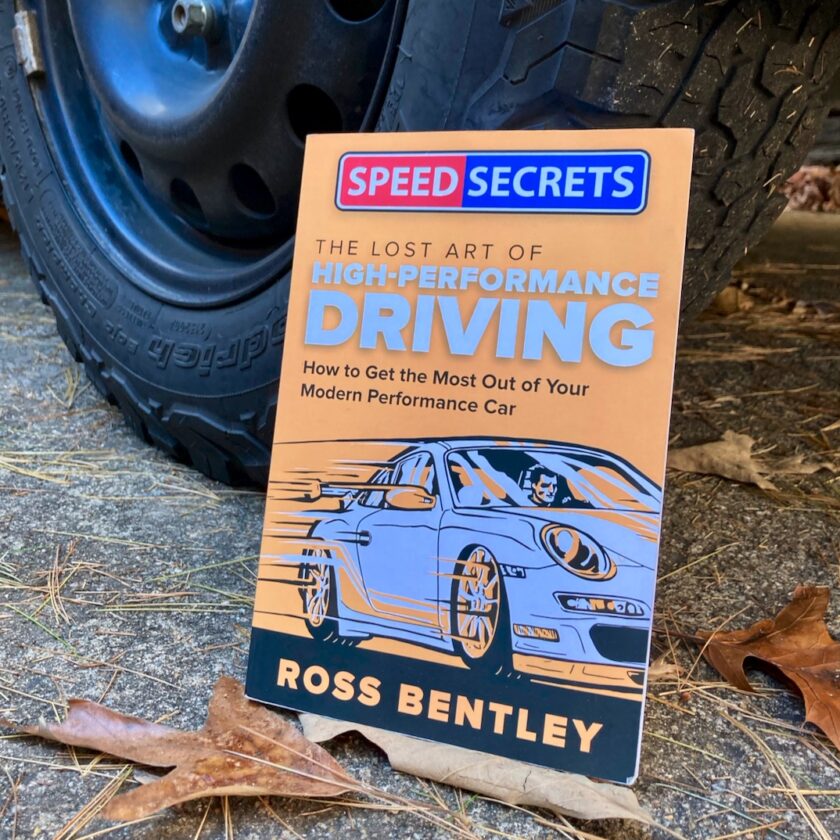
Now the that question has been corrected, on to the answer: YES! This book is extremely valuable. I say that as a person who has attended ten days of expensive, private, high-performance driving training. Despite some “advanced” training, I still learned from this book. It is dense with information and written in an easy-to-read style. It is required reading for the James Bond Night School.
Surveillance/Surveillance Detection
A spy needs to know if he is being followed. He might also need to keep an eye on certain people to make sure they’re doing what they claim they’re doing. I’ll be honest: I hate doing surveillance. I hate letting someone else drag me around, wherever they want to go. Trust me, there’s nothing sexy about doing surveillance, or the resultant “body by surveillance” you’ll get from eating three meals a day in your car. The only thing I hate more than doing surveillance is reading books about surveillance. The best ones I’ve ever read (the Secrets of Surveillance series by ACM IV Security Services) are, unfortunately, no longer in print.
Surveillance Tradecraft by Peter Jenkins. If you must have a surveillance book (and at James Bond Night School you probably do) this seems to be the one. I haven’t read it but it was recommended to me by a couple of highly trusted sources (thank you, MG). I’d love to read it, but the $70 price tag is prohibitive. If anyone wants to loan me copy I’d be glad to give it a thorough read and report back.
Surveillance Countermeasures by Aden Magee. Unlike surveillance, I love the art of surveillance detection. I am currently reading this book, specifically for this article. Though some of the techniques are a little dated, most of them are still completely valid. All of them are more than valid for the average citizen who desires to be able to detect surveillance – with or without tipping your hand. This book doesn’t cover technical surveillance countermeasures, but the information on physical surveillance detection is outstanding and consistent with the real-world surveillance detection techniques I was taught.
Self Defense
Of course our competent man is extremely capable in self-defense. The James Bond Night School would contain an extensive curriculum on the topic. And it wouldn’t just cover gun stuff. Self-defense is a dense and complicated topic. It would cover mindset, legality, negative outcomes, handgun manipulation, and probably some more stuff I can’t think of.
Mindset
Principles of Personal Defense by Jeff Cooper. This book is a classic. I re-read it recently and to be honest, I wasn’t sure how it would hold up. It does hold up, and is one of the landmark works in self-defense mindset literature.
Negative Outcomes
Serious Mistakes Gunowners Make and the Decisions That Led Up to Them by Claude Werner. This quick, inexpensive read is MUST READ material for anyone who carries a gun. You simply don’t understand how badly things can go, and how costly a simple mistake can be. Serious Mistakes is worth its weight in gold.
De-Escalation/Avoidance
15 Fundamental Laws of De-Escalation by Brendan King. I’m sure Jason Bourne would rather avoid a fight than get into one. Getting into a fight gets you a lot of attention, gets you on the news, and gets the police involved. It also increases your odds of sustaining a serious injury significantly. Getting into a fight introduces a lot of opportunity for negative outcomes. If you can, the best option is to completely avoid a violent situation. If you can’t avoid it, attempt to de-escalate it. This book is an excellent guide on how to build your de-escalation techniques.
Legality
The Law of Self Defense by Andrew Branca. The competent man shouldn’t ever find himself in a legally questionable shooting. In the event that a fight can’t be avoided or de-escalated, he or she should know self-defense law inside and out, chapter and verse. I’ve recommended this book over and over again on this blog, and for good reason: it’s top notch. In addition to the book I’ve also attended Andrew’s training and highly recommend it if you have the ability to attend.
Firearms Manipulation
Stay in the Fight by Kyle Lamb. Most of my handgun manipulation skill has come from training, so I haven’t read a ton of books on the topic. Stay in the Fight is my current recommendation, though it is a bit more geared toward open mil/LE carry than concealed carry. It teaches that material phenomenally well, and most of those skills are directly transferrable. If you have a better recommendation, please let me know!
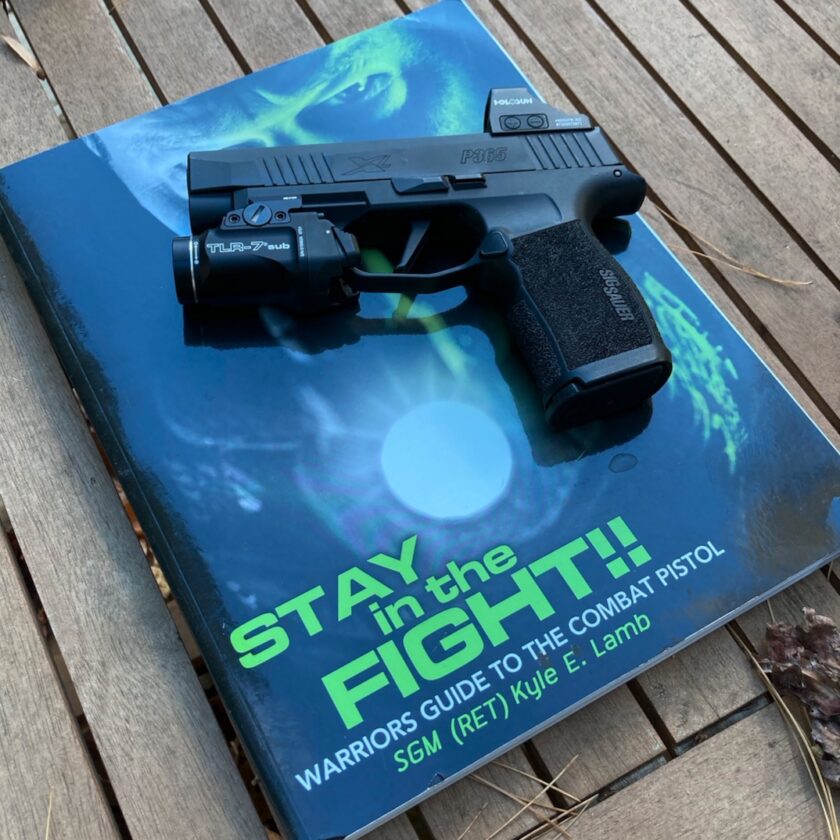
Other Firearms
Jason Bourne can pick up anything from an FAL to a Sten to a SMLE and use it to great effect. Be that guy. Forget “heed the man who has one gun” – the best shooters I’ve ever met can pick up anything and shoot it well. The badass’ book list would be incomplete without some instruction on firearms other than pistols.
Carbine
Green Eyes & Black Rifles by Kyle Lamb. Green Eyes is one of the definitive texts on AR15 employment from a former Sergeant Major at “The Unit.” This book has long been my go-to for any carbine-related question. Again, while not a replacement for training, this book is an excellent place to start.
Shotgun
Combative Shotgun by Mike Boyle. You should know how to run a shotgun. Boyle’s combative shotgun isn’t new information, but the information presented is refined. It is also presented very well. This book is highly recommended.
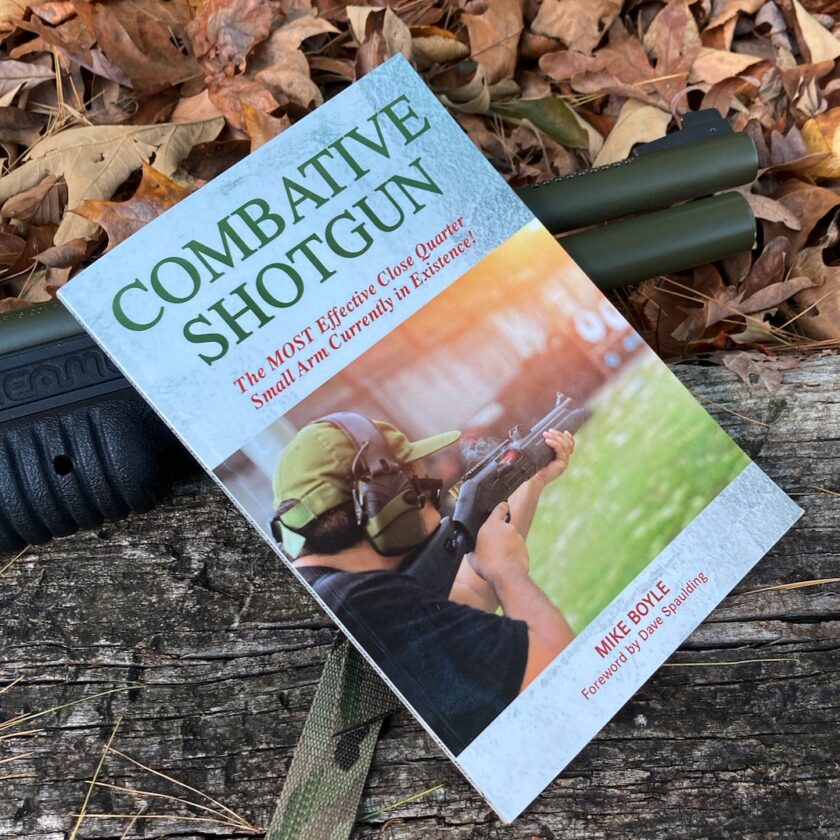
Long-Range Rifles
The Long-Range Shooting Handbook by Ryan Cleckner. Can you imagine Jason Bourne picking up a sniper rifle, setting up a shot…and missing six times? Probably not. A book isn’t going to teach you everything you need to know about shooting. To paraphrase Cleckner, “stop worrying about what rifle. Get a rifle – any rifle – and start shooting.” And while you’re at it, get the Long Range Shooting Handbook, one of the definitive texts on the topic.
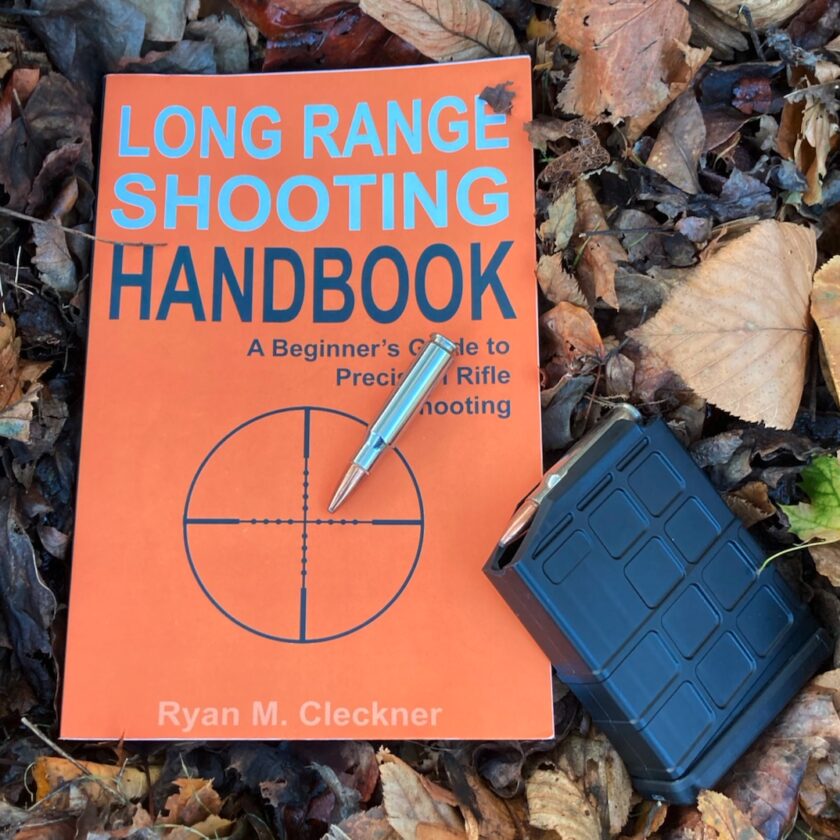
Revolvers
Protect Yourself With Your Snubnose Revolver by Grant Cunningham. Let’s be honest: the competent man’s firearm is probably a Sig P365 or Glock 48. But if he had to pick up a revolver would he shrug is shoulders and say in defeat, “How the hell do you use this thing“? I’m betting he’d pick it up and run it like a boss. Can you run a revolver? Grant Cunningham is one of the masters of the DA revolver and expertly passes his knowledge along in Protect Yourself.
Emergencies: First Aid, Survival, Preparedness
NOLS Wilderness Medicine by Todd Shimelpfenig. I have read quite a few first-aid texts. I have read at least three in the past two years, in addition to being a currently-practicing paramedic. In my opinion, this is the finest wilderness medical text out there. There’s nothing wrong with the other ones I read by this one outshines them both.
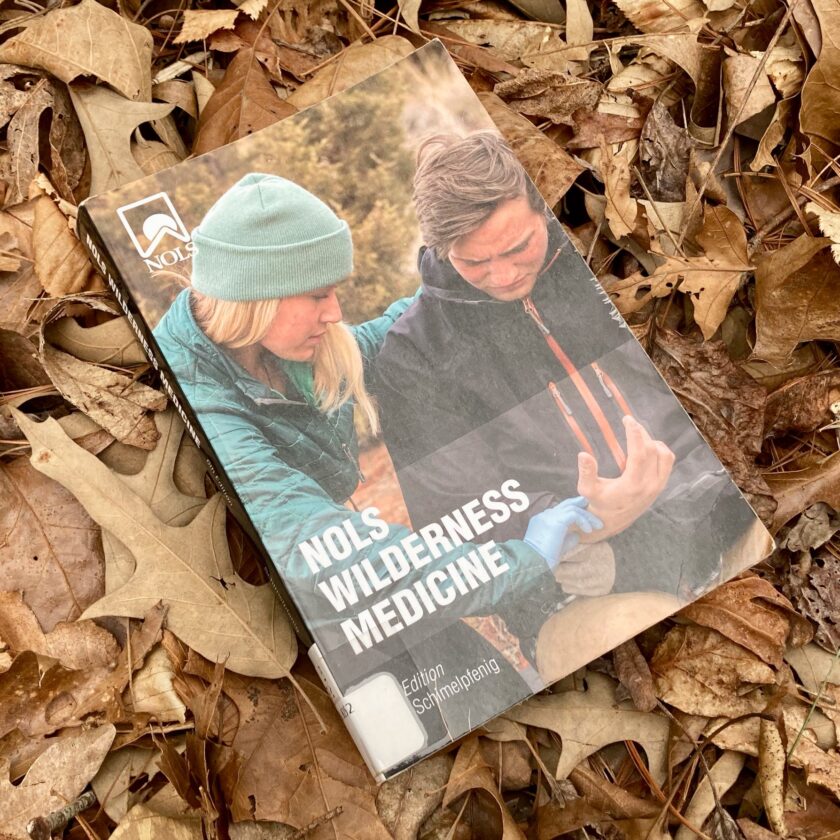
98.6 Degrees: The Art of Keeping Your Ass Alive by Cody Lundin. It’s not too often you see a secret agent/spy/whatever in the woods. When you do they aren’t helpless, though. They spring into action and make it look easy. You should be able to take care of yourself and those in your care while in the woods. Out of the many wilderness survival books I’ve read, this one is by far my favorite.
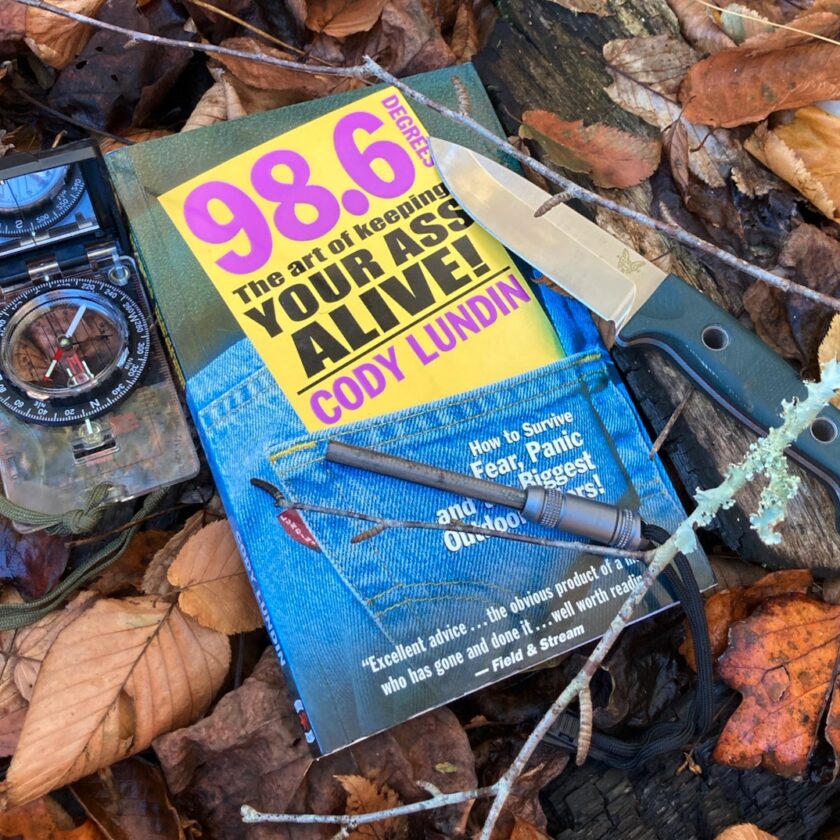
When All Hell Breaks Loose by Cody Lundin. If a snowstorm were about to hit James Bond’s house would he be scrambling at the grocery store, picking over bare shelves for bread and milk? Nah, he’d be at home with a cognac, watching nature’s wonder. If Jason Bourne’s neighborhood got hit with a flood would he need to be picked off his roof by helicopter, shoe-less, with nothing but the clothes on his back? I doubt it. And wherever MacGyver lives, I’m sure he’s ready to weather whatever comes his way. You should be ready, too. When All Hell Breaks Loose is one of the best preparedness books I’ve read in a long time. It covers a lot of mindset necessary to survive a crisis (“head candy” in the author’s words), as well as the “stuff” (“hand candy,” again in Lundin’s words).
Lock Defeat
Lock picking shouldn’t be your top-priority skill. If you’re going down this road, though, it’s hard to imagine a competent man being stumped by a locked door.
Practical Lock Picking by Deviant Ollam. This is without question the best book on lock picking I’ve ever read. I gave this book to all my students when I taught lock defeat as a full-time job. Ollam does an amazing job of simplifying complex concepts, beginning with how locks work. Once you understand how they work you can begin understanding how to defeat them. Practical Lock Picking is richly illustrated. With this book, a motivated student could teach him- or herself to pick locks very competently. Highly recommended. Unfortunately I loaned my copy out and it has disappeared.
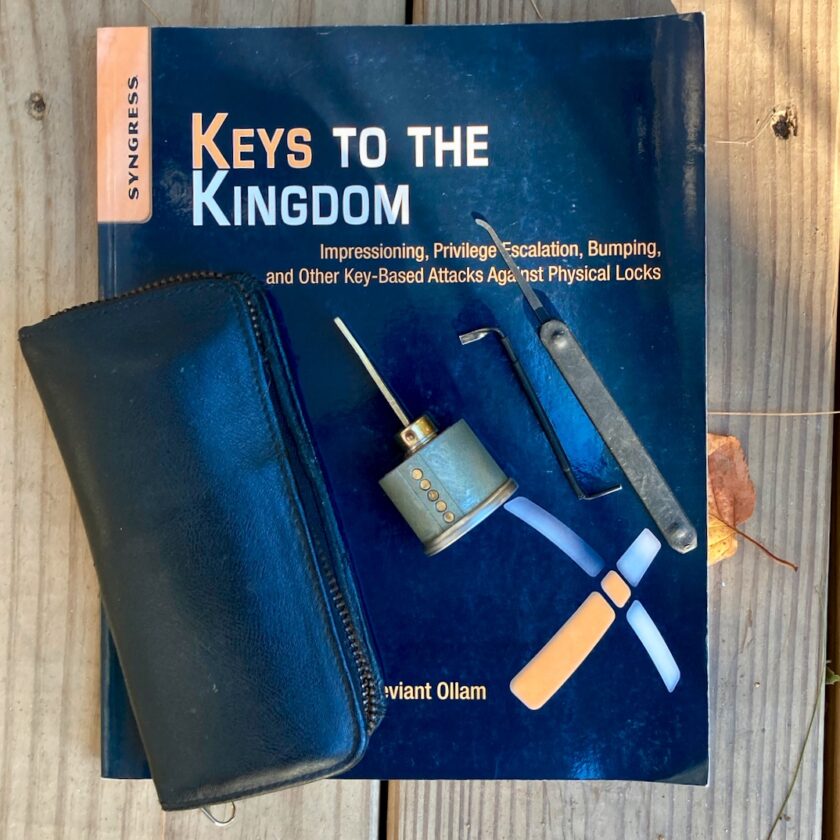
Keys to the Kingdom by Deviant Ollam. If you wish to expand your lock defeat skillset this is your next stop. This book gets into the hows of making keys with only the information that can be obtained from the outside of a locked door. I explain how this process works on this podcast, but the book is still probably pretty important if you want to undertake this skill. The other big skill covered in Keys to the Kingdom is “master key extrapolation,” another high-level exploit that use to be really secret information.
Tactical Lock Picking by Pat Watson. This book incorporates some tactics that are sorely missing from the Practical Lock Picking and Keys to the Kingdom. It doesn’t cover much in the way of technique, but it does cover how to approach locked obstacles with a thought-process in mind.
Intelligence Failures/Counterintelligence Case Studies
The way to be great is not to merely talk about how great you are. It is to recognize your failures and learn from them. These books contain extremely important lessons. They’re also wicked entertaining to read.
The Triple Agent: The al-Qaeda Mole Who Infiltrated the CIA by Joby Warrick. This is hands-down one of the best books I’ve ever read. Joby Warrick writes non-fiction that reads like page-turning fiction. This account details one of the CIA’s biggest failures, and one that cost the lives of 7 CIA officers and contractors. Read this book. Then read Black Flags: The Rise of ISIS by the same author – it’s truly can’t-put-down reading.
Betrayal: The Story of Aldrich Ames, an American Spy by Tim Weiner, David Johnston, and Neil A. Lewis. Aldrich Ames was a CIA officer, and among the most damaging spies in U.S. history. His story is a great case-study in people ignoring the obvious: the house and cars he shouldn’t have been able to afford, his alcoholism, his erratic and inconsistent behavior. 7051,566
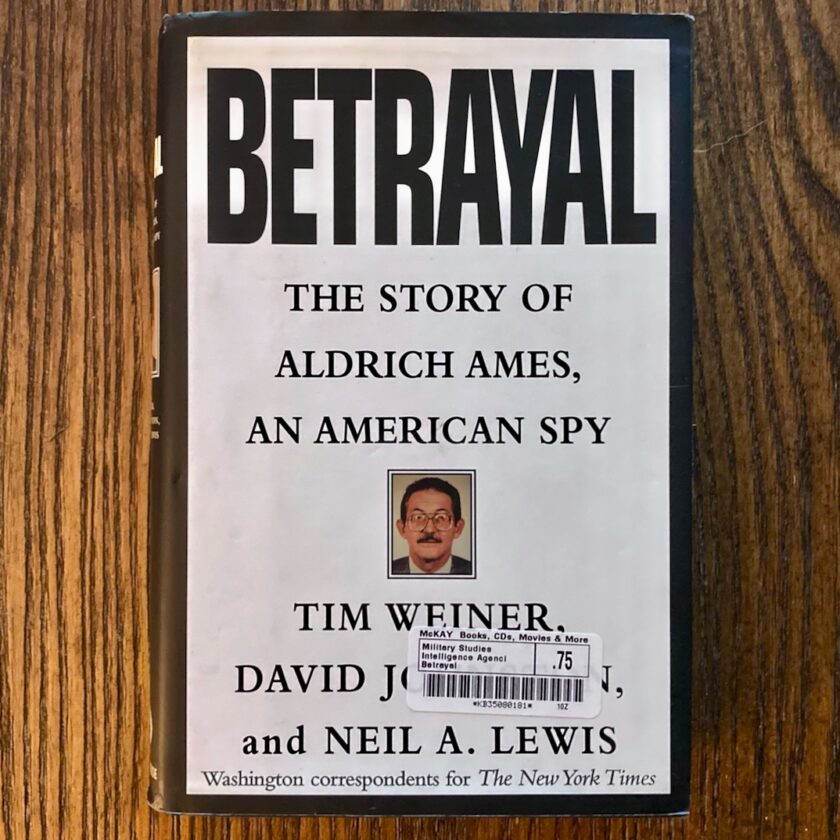
The Bureau and The Mole by David A. Vise. This book tells the tale of Robert Hanssen, an FBI agent who spied for the Russians. While Ames was a sloppy drunk, Hanssen was a devout Catholic and family man. It is fascinating to better understand how failures like this happen.
Closing Thoughts
I hope you have enjoyed this somewhat novel list of books. Keep your eye on the James Bond Night School page. I will be updating this page as I add more books (and maybe even more topics). In the meantime, read a book!
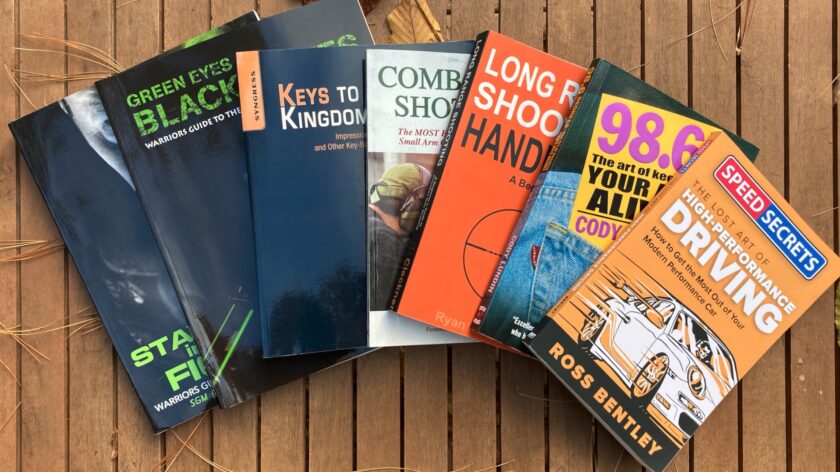
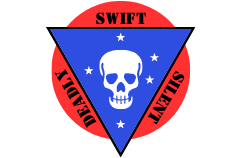


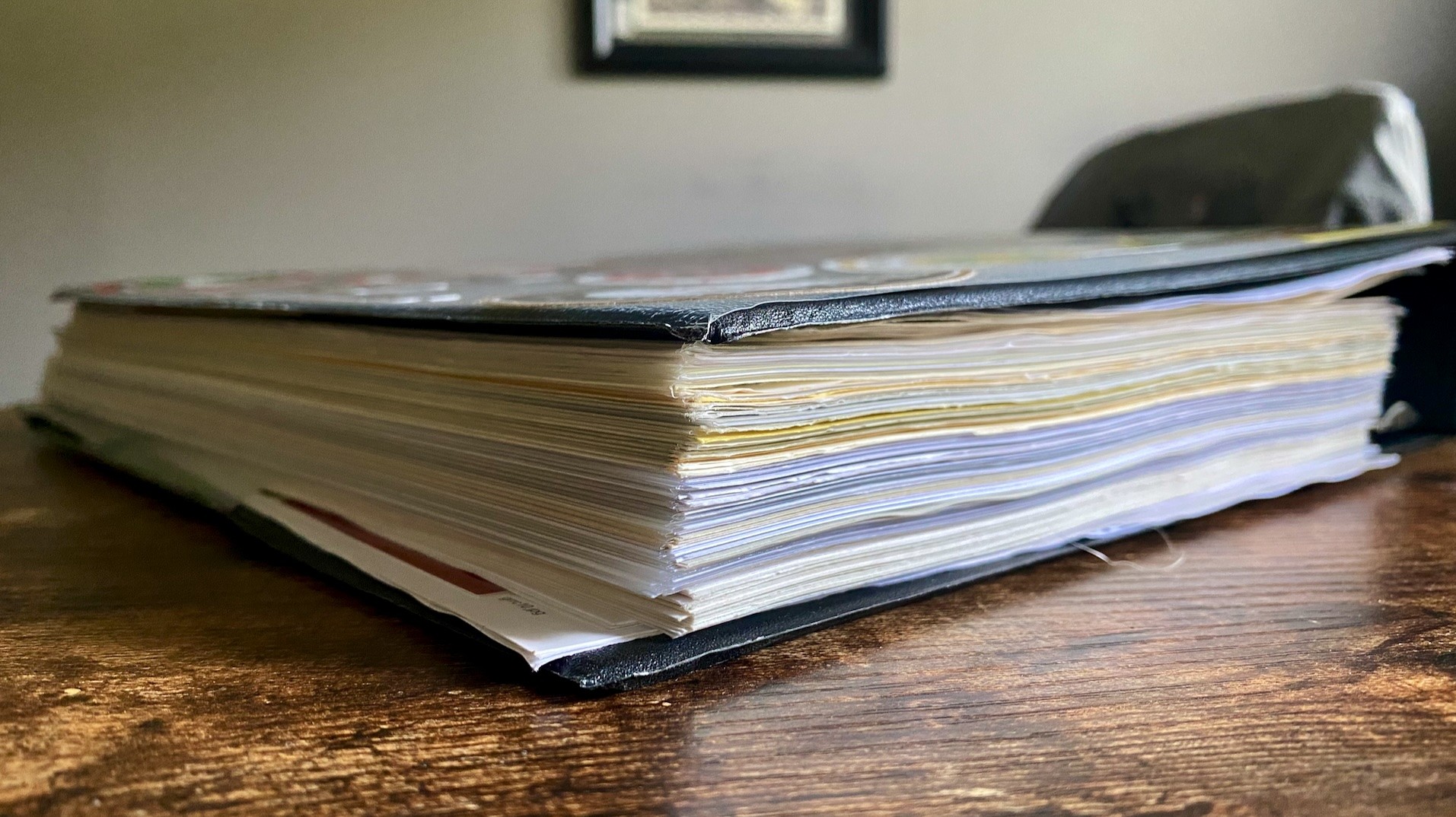

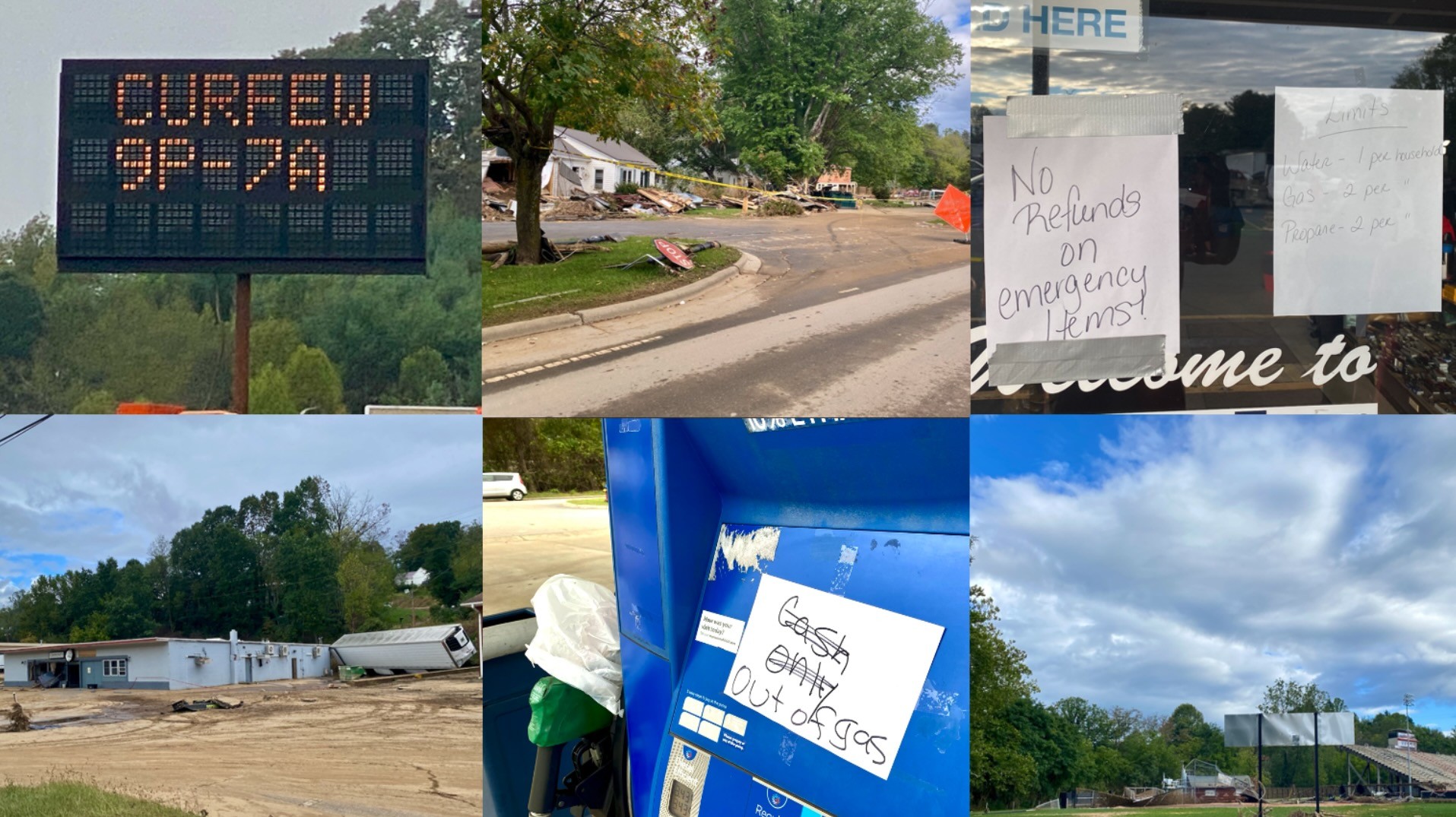
1 thought on “James Bond Night School Reading List”
Comments are closed.